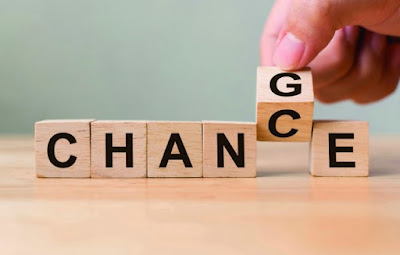Have you ever experienced an intense feeling of happiness washing over you after performing an act of kindness? If yes, then you are one of those who have felt what psychologists call the Helper’s High, an uplifting feeling that helps the mind, body, and spirit. The Daily Star
 |
| Google Images |
This is the month of Ramadan. Muslims perform acts of charity or give to charitable causes every year, especially during this month, in the form of Zakat, one of the five pillars of Islam. Although most of us give to charitable causes, the amount we donate are not always commensurate with our wealth. Therefore, it is important that we calculate our due Zakat before we pay it.
I have often heard the elderly relatives in my family say, “If people paid their Zakat in full, the country would not have any poor people.” We often forget the importance of this third pillar of Islam. So even though many of us pray five times a day, fast during Ramadan, and have performed the Hajj, we appear nonchalant when it comes to purifying our wealth by paying the obligatory Zakat.
Globally, the richest 10% now owns 82% of the world’s wealth, according to the 2019 Credit Suisse global wealth report. In a 2019 report from the US-based wealth research firm Wealth-X, Bangladesh was projected to see the third-fastest rise in the number of high-net-worth individuals, or in other words, ultra-rich people. The number of millionaires in the country is expected to rise by 11.4% by 2023. An earlier report by Wealth-X showed that ultra high-net-worth population in Bangladesh grew at the rate of 17.3% between 2012 and 2017.
Therefore, what we are witnessing around the country right now only makes one thing clear - - the gap between rich and poor has widened to the point where some have very “deep pockets,” while others do not even have a safety net that can keep them afloat for two weeks.
I began this piece by writing about Helper’s High, which is a different kind of a high, a high that carries you higher in life, and fulfills your self-actualization needs.
We can be “high” on compassion and altruism any day, every day, pandemic or not, Ramadan or not. If compassion can be practiced throughout the year, a community can thrive as a whole. At the end of the day I cannot live or survive alone. At the end of the day we cannot eat money! At the end of the day we won’t have food on our plates if the farmers are starving and suffering. We all depend upon each other to survive. We all need each other to grow as a people. So if you are in a position to help another person, you should consider yourself lucky - - you need to do others good before you have your luck run out. Who knows, if you experience the Helper’s High once in your life, you may get hooked on it in a very positive way!
The world is living through one of its most critical periods in history. Bangladesh is witnessing growing hunger, poverty, unemployment, and helplessness among its people. Ramadan is the perfect occasion to reflect upon our past actions and do what is needful at this time of crisis. Paying the annual Zakat on your wealth could be the first step to leading a more fulfilled life. Remember, Zakat is the right of the poor.





Comments